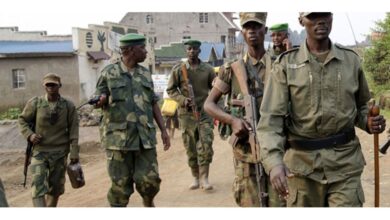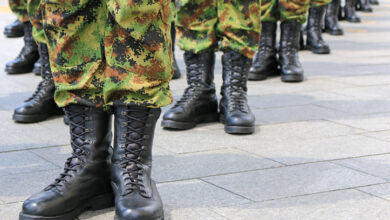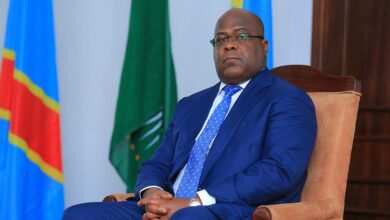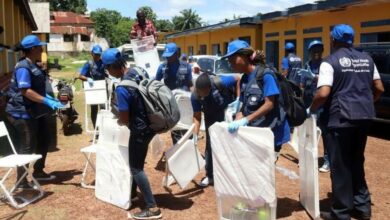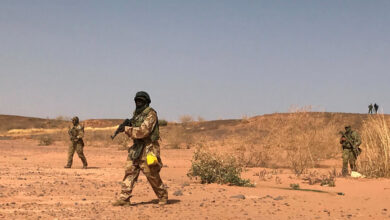Democratic Republic of the Congo
Independent Investigation Panel Blames WHO Staff For Sexual Abuse In DRC
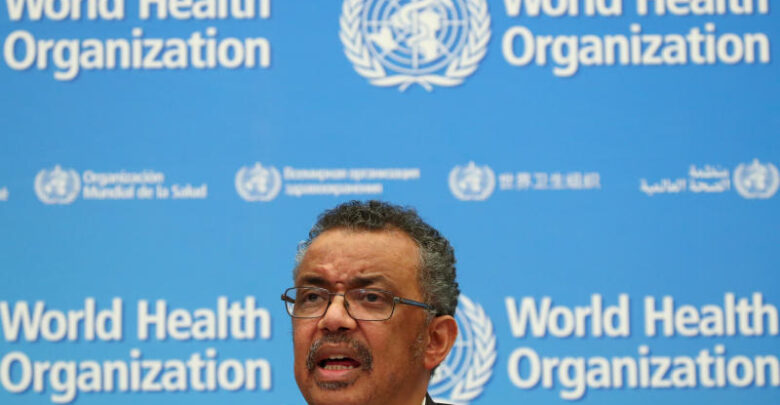
An independent investigation commission mandated by the World Health Organization (WHO) to probe allegations of sexual abuse by its staff in the Democratic Republic of Congo (DRC) cited clear structural failures and individual negligence in a report released Tuesday, reported Africa News.
The WHO had appointed the investigation panel after the release of an investigation report in October 2020 by The New Humanitarian and the Thomson Reuters Foundation.
The investigation has identified more than 80 alleged sexual abuse cases during the WHO’s response to an Ebola outbreak in the DRC that began in 2018 including allegations implicating 20 staff members.
The 35-page report exposed the most widescale sexual wrongdoing linked to a United Nations institution in years, committed by people hired locally as well as members of international teams deployed in the country from 2018 to 2020.
The investigators interviewed a number of women who were offered work in exchange for sex, or who were made rape victims. They obtained the identity of 83 alleged perpetrators, both DRC nationals and foreigners.
In about 21 cases, the investigators were able to confirm the identity of the perpetrators as being WHO employees.
The report depicted a grim picture of the condition of women in the DRC. It noted that the scale of sexual exploitation incidents contributed to the increased vulnerability of alleged victims who were deprived of the necessary support and assistance required during such degrading experiences.
During a press conference on Tuesday, WHO Director-General Tedros Adhanom Ghebreyesus said that the report findings were harrowing. He apologized to the victims and survivors.
WHO Africa chief Matshidiso Moeti said the agency was horrified and heartbroken by the findings.
In the report, the special commission cited individual negligence leading to professional misconduct. It also said there was clear structural failure and unpreparedness to manage the risks of sexual exploitation incidents in the central African country.


